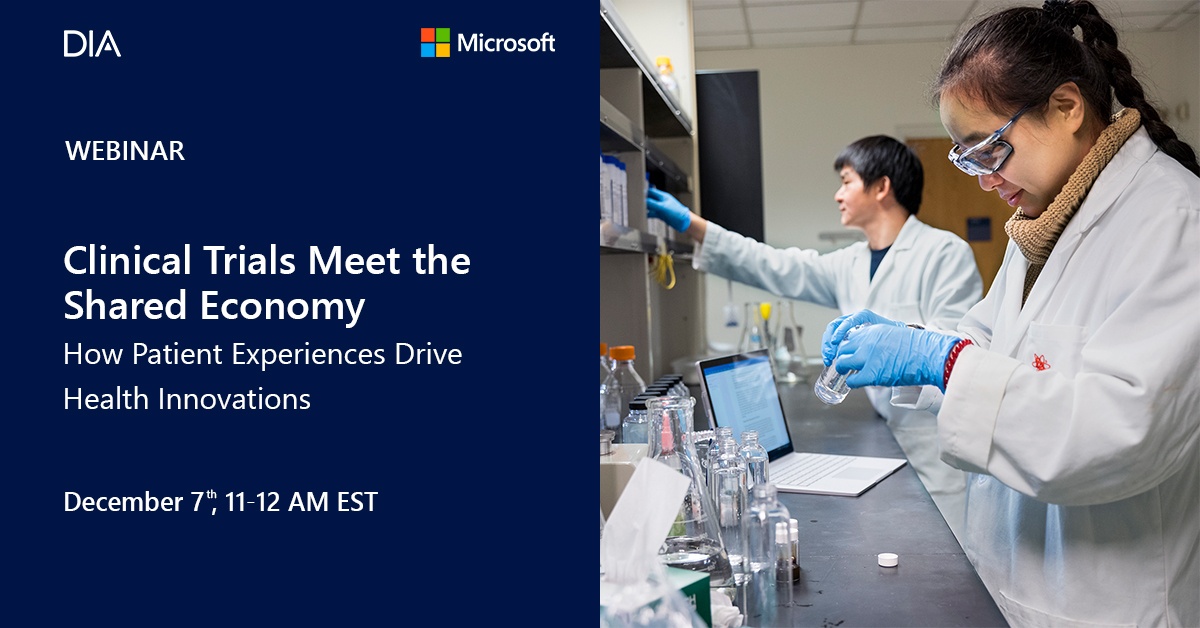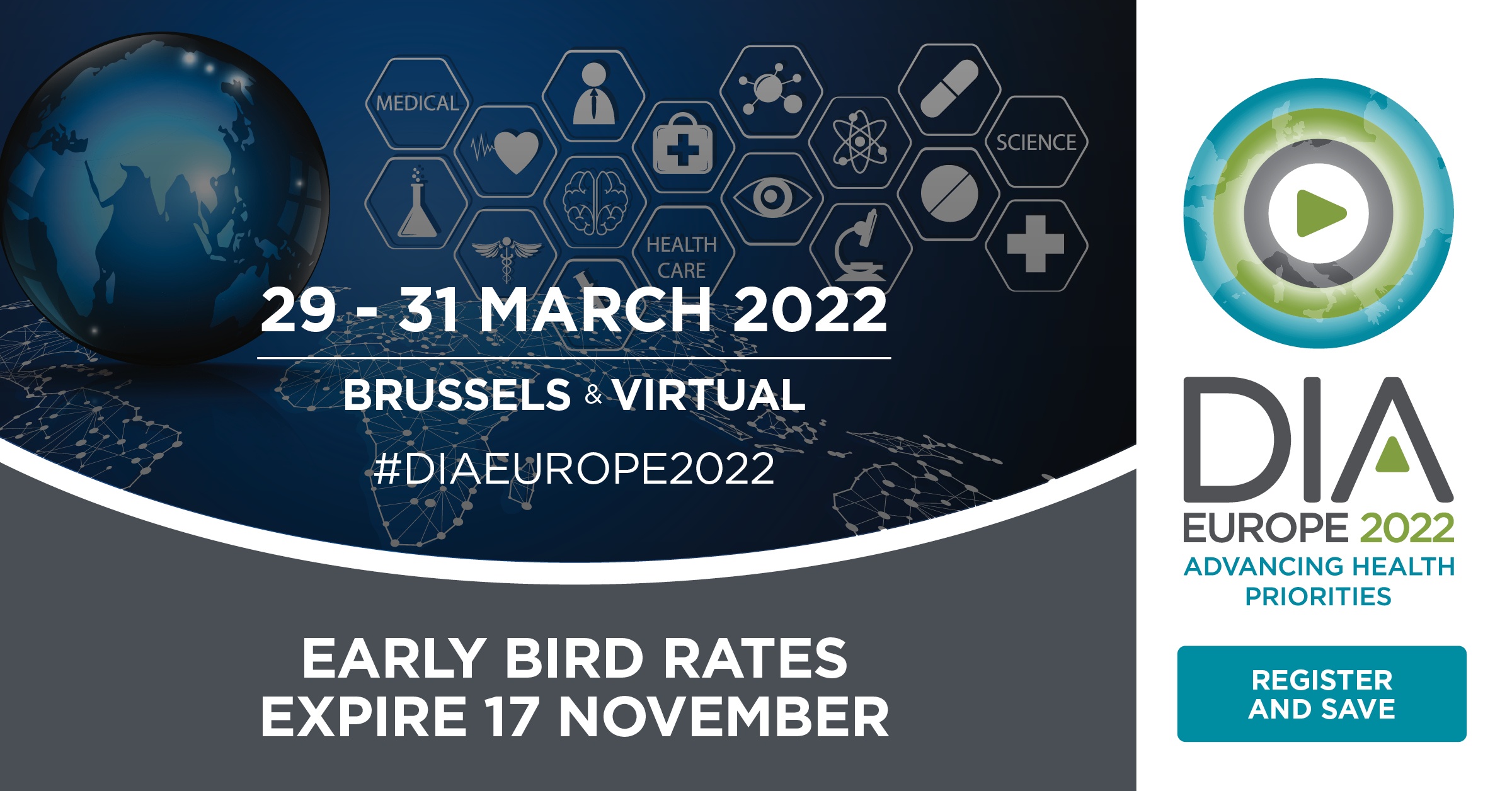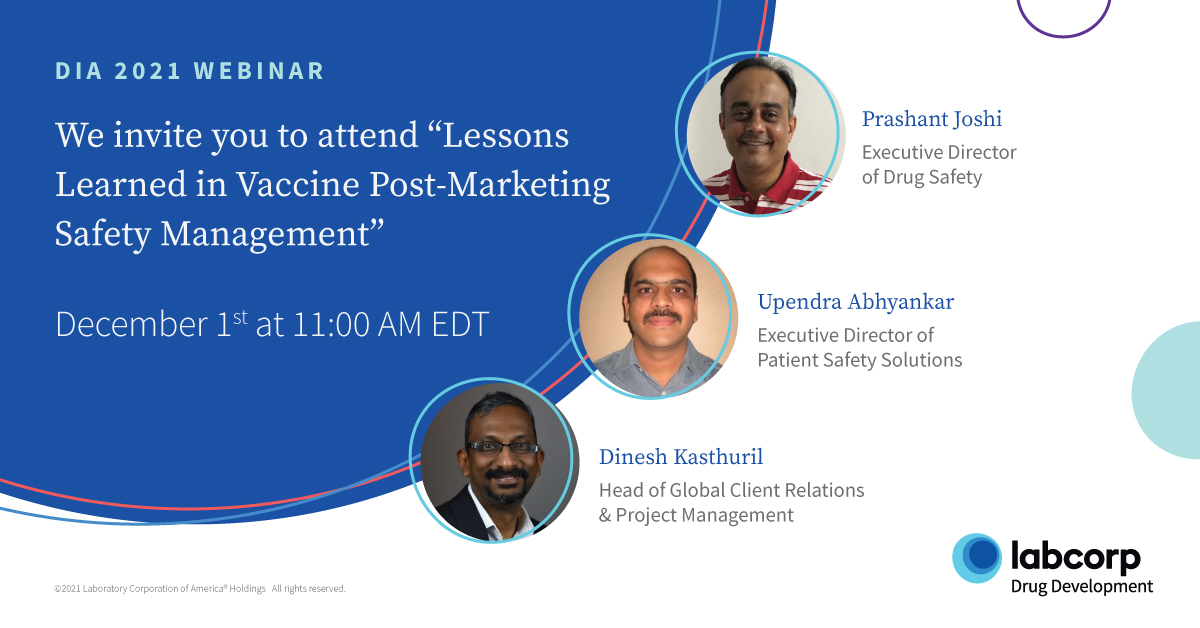Table of Contents
WE ARE DIA
EXECUTIVE LEADERSHIP
Subscribe
Love Global Forum’s new online format? Subscribe today and never miss an issue.
Editorial Board
Content stream editors
Gary Kelloff US National Institutes of Health
David Parkinson ESSA Pharma, Inc.
regulatory science
Isaac Rodriguez-Chavez ICON plc
Patient engagement
Trishna Bharadia Patient Advocate and Media Contributor
Mary Stober Murray National Minority Quality Forum
Editorial Staff
Sandra Blumenrath, Managing Editor, Scientific Publications DIA Scientific Communications
Chris M. Slawecki, Senior Digital Copyeditor DIA Scientific Communications
Regional Editors
David Mukanga Bill and Melinda Gates Foundation
ASEAN
Jin Shun Sandoz
AUSTRALIA/NEW ZEALAND
Richard Day University of New South Wales, Medicine, St. Vincent’s Hospital
CANADA
Judith Glennie JL Glennie Consulting, Inc.
CHINA
Ling Su Shenyang Pharmaceutical University, Lilly Asia Ventures
Europe
Thomas Kühler Sanofi R&D
INDIA
J. Vijay Venkatraman Oviya MedSafe
JAPAN
Ozawa Goshi Real World Data Co. Ltd.
LATIN AMERICA
Cammilla Gomes Roche
USA
Ebony Dashiell-Aje BioMarin
Young Professionals Editors
Saloni Patel Acorda Therapeutics
DIA Membership
Bringing together stakeholders for the betterment of global health care.
Epstein, Becker & Green
he US Food and Drug Administration’s (FDA’s) controversial approval of the Alzheimer’s drug aducanumab (AduhelmTM) has kicked off a firestorm of debate, placing the Accelerated Approval Program (AAP) in the hot seat. The AAP seeks to balance the need for evidence of clinical efficacy with the need for access to novel drugs for seriously ill patients with no adequate options, a high-risk but potentially high-reward proposition.
While it is clear that FDA and drug sponsors must work together to proactively plan and diligently implement clinical trials for the collection of data sufficient to “convert” accelerated approval into traditional approval, equally important is ensuring that while clinical trials are pending, patients who receive AAP-approved drugs in the clinical setting fully understand the program, its limitations, and the tradeoffs they are making.
Lyfebulb
atient entrepreneurs are another emerging category of patients, along with groups like patient influencers, who are changing the landscape of healthcare and drug development. They are a new driving force behind the development of health solutions that are “by the patient, for the patient.” Industry partnerships with patient entrepreneurs are growing, and they are increasingly paving the way for further embedding patient-centricity into the healthcare ecosystem. But how and why is this happening?
Around the Globe
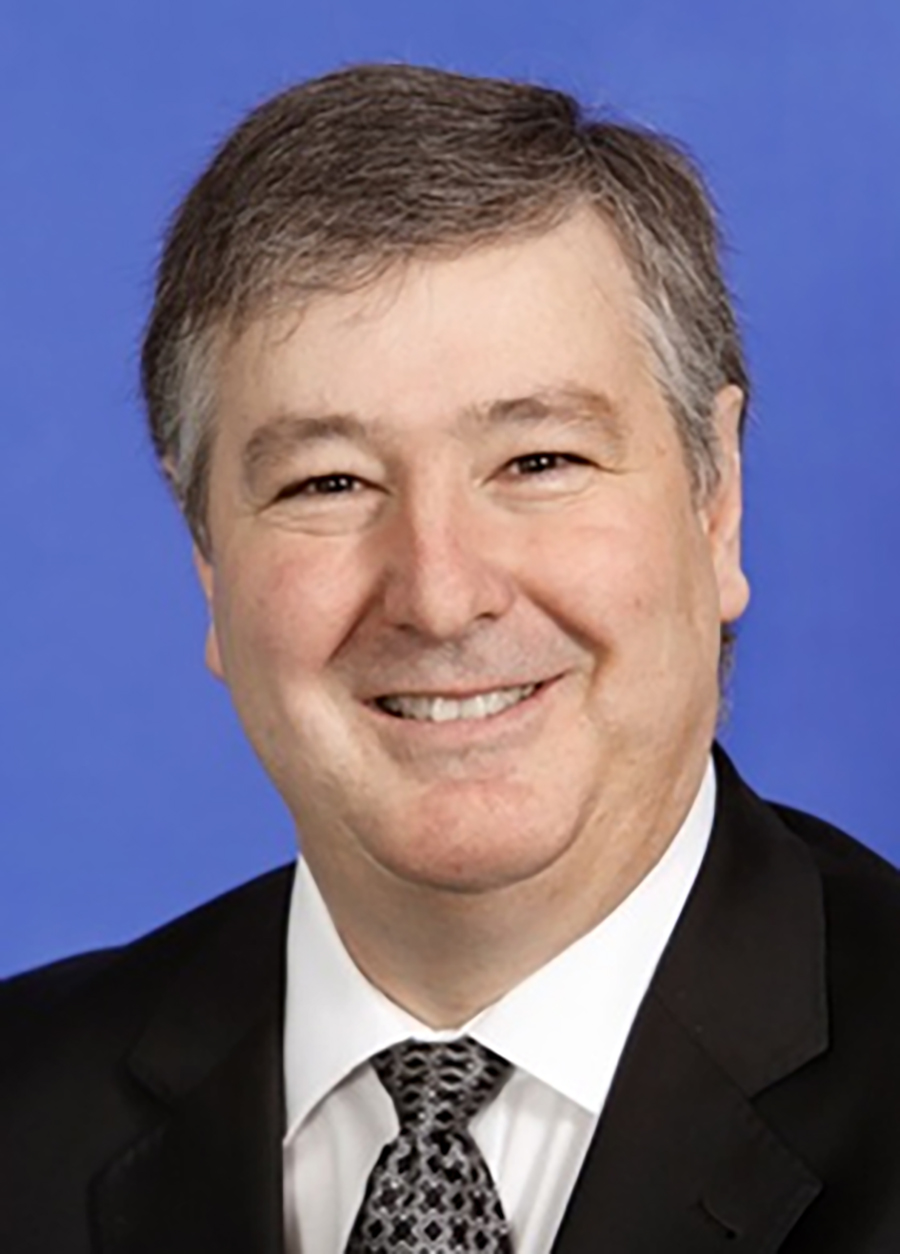
Past-President, APPA
University of South Wales
Pfizer, Australia and New Zealand
e are entering an extremely exciting time for pharmaceutical medicine in Australia,” says David Grolman, past president of APPA (Australian Pharmaceutical medical and scientific Professionals Association). “The global emerging technological trends impacting every single industry will present huge opportunities for us to improve the quality of patient therapies and ultimately patient outcomes.”
![]() Podcasts
Podcasts
Around the Globe
Japan Association for the Advancement of Medical Equipment
(JAAME)
n December 2018, the first AI-based medical device–the AI software to support discrimination between tumor/nontumor colorectal lesions using endoscopic images–was approved in Japan. Although nearly three years have passed since then, the number of AI-based medical devices approved in Japan is still low compared to Europe and the US.
Around the Globe
Best Practices from Cuba and Mexico
Centre for Innovation in Regulatory Science (CIRS)
IFAPP Academy
Wessx Consulting
he COVID pandemic precipitated sweeping changes in established policies and practices and emphasized the confluent dynamics of disease burdens, optimized healthcare systems, and the socio-economic influences of globalization. We now stand at the crossroads of an unprecedented global challenge which demands that researchers, regulators, policy makers, and governments address multiple dimensions that go far beyond the implications of any one healthcare scenario.
Around the Globe
early two years have passed since we began to face the COVID-19 pandemic, and while its global consequences have been catastrophic, the situation has also catalyzed profound change in our overall health ecosystem. The progress we have experienced in drug development, transformative therapeutic innovation, and regulatory cooperation and harmonization continues to spread. Global health awareness has grown significantly, and global stakeholders continue to focus on exploring new areas of health science and technology for innovation, framing regulatory strategies and policies, and developing new leadership for this changing healthcare world.
We Are DIA
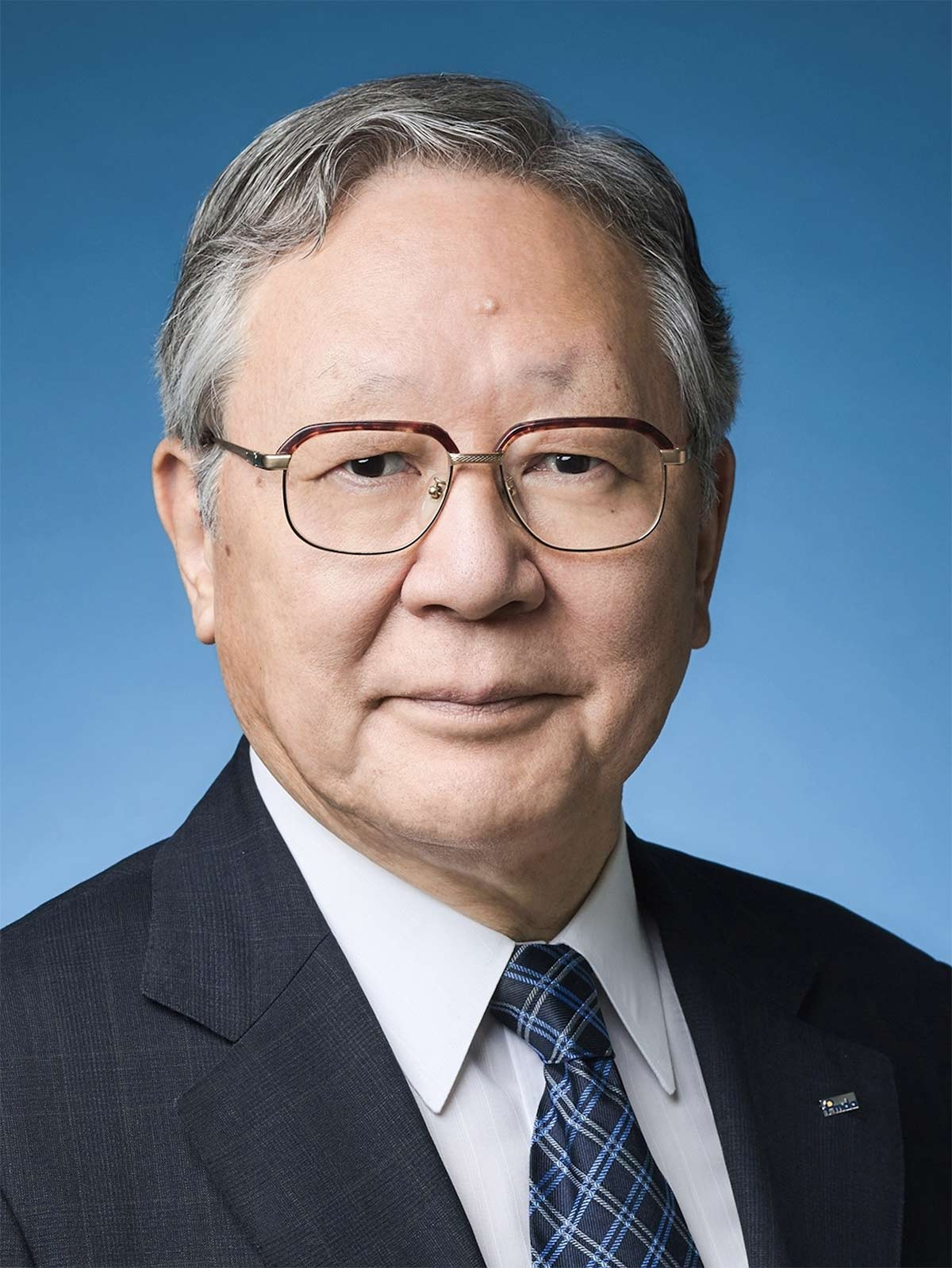
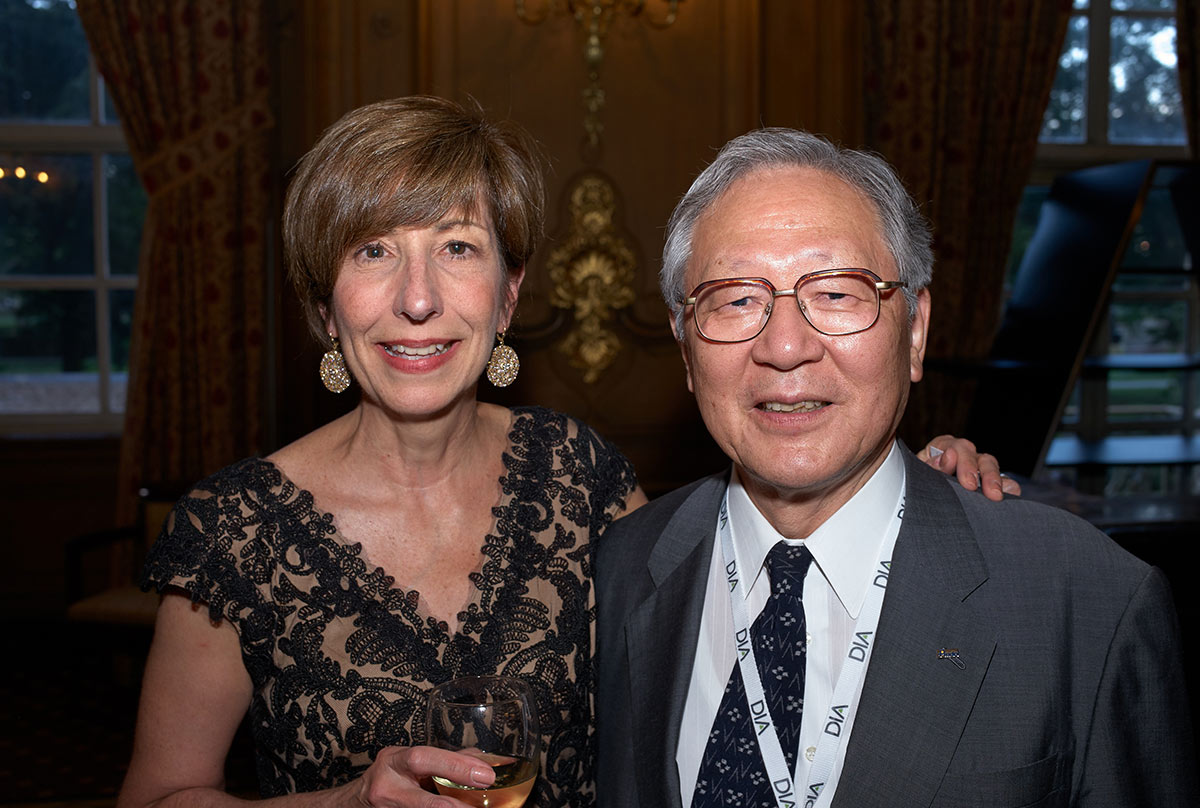
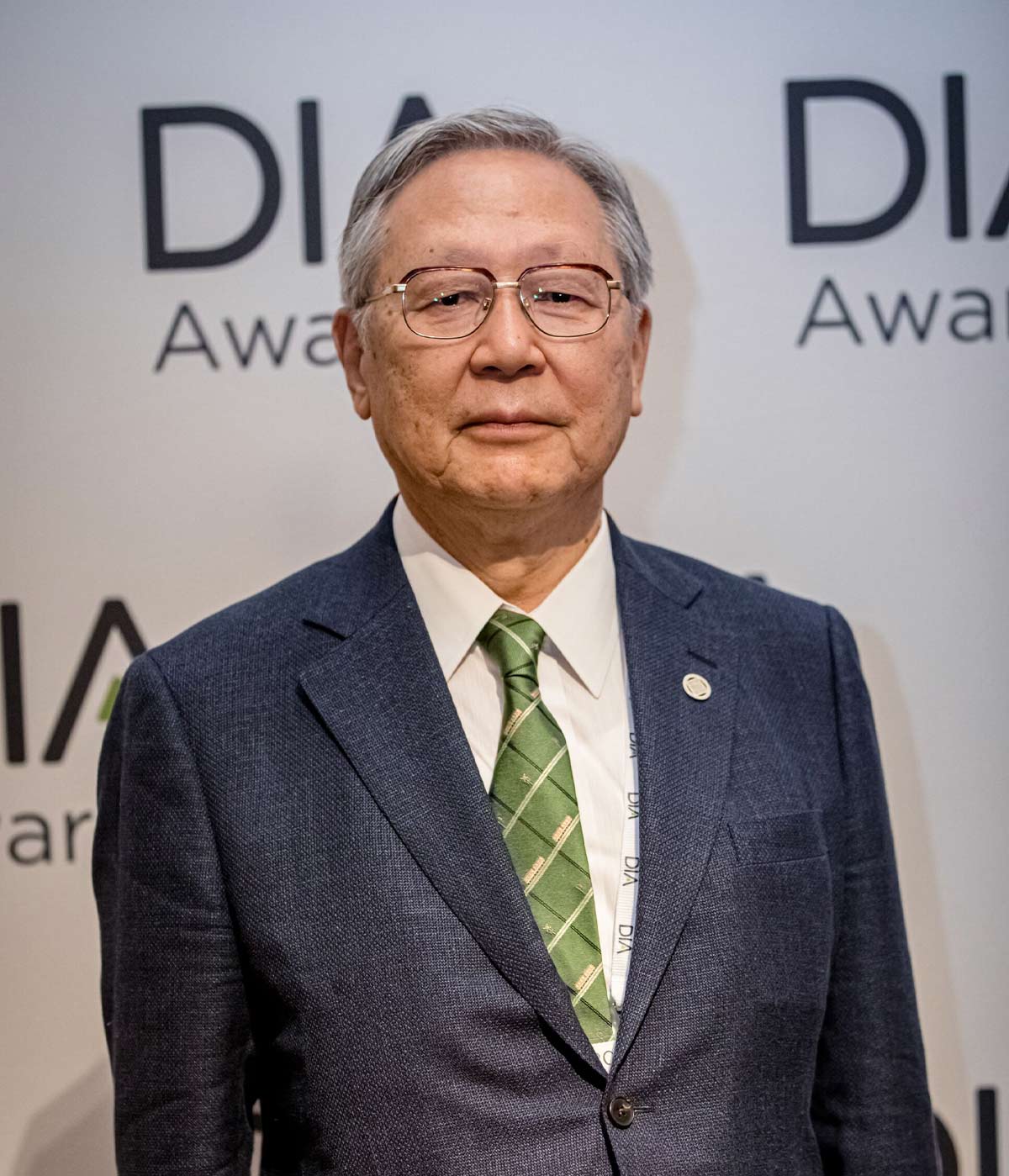

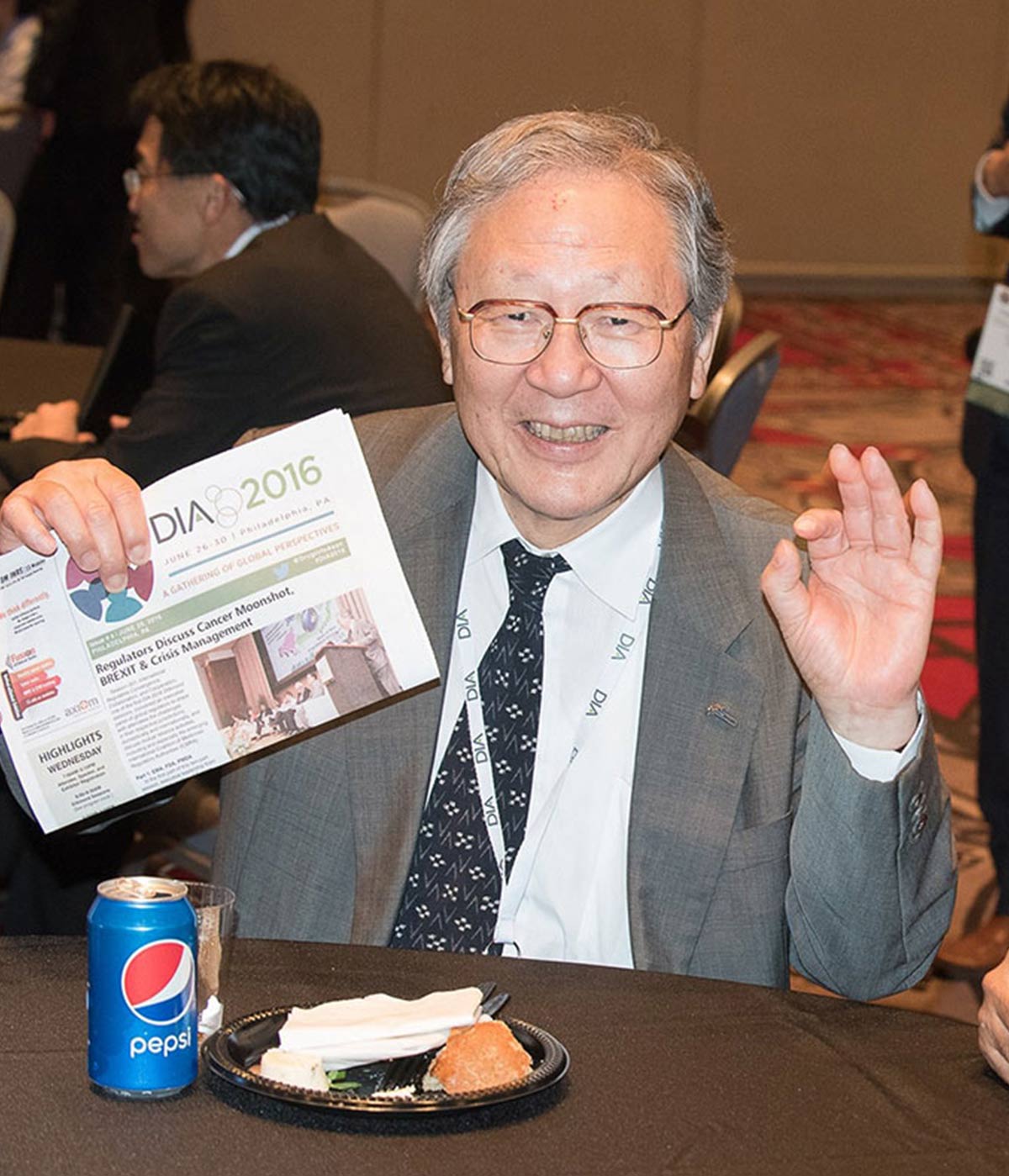
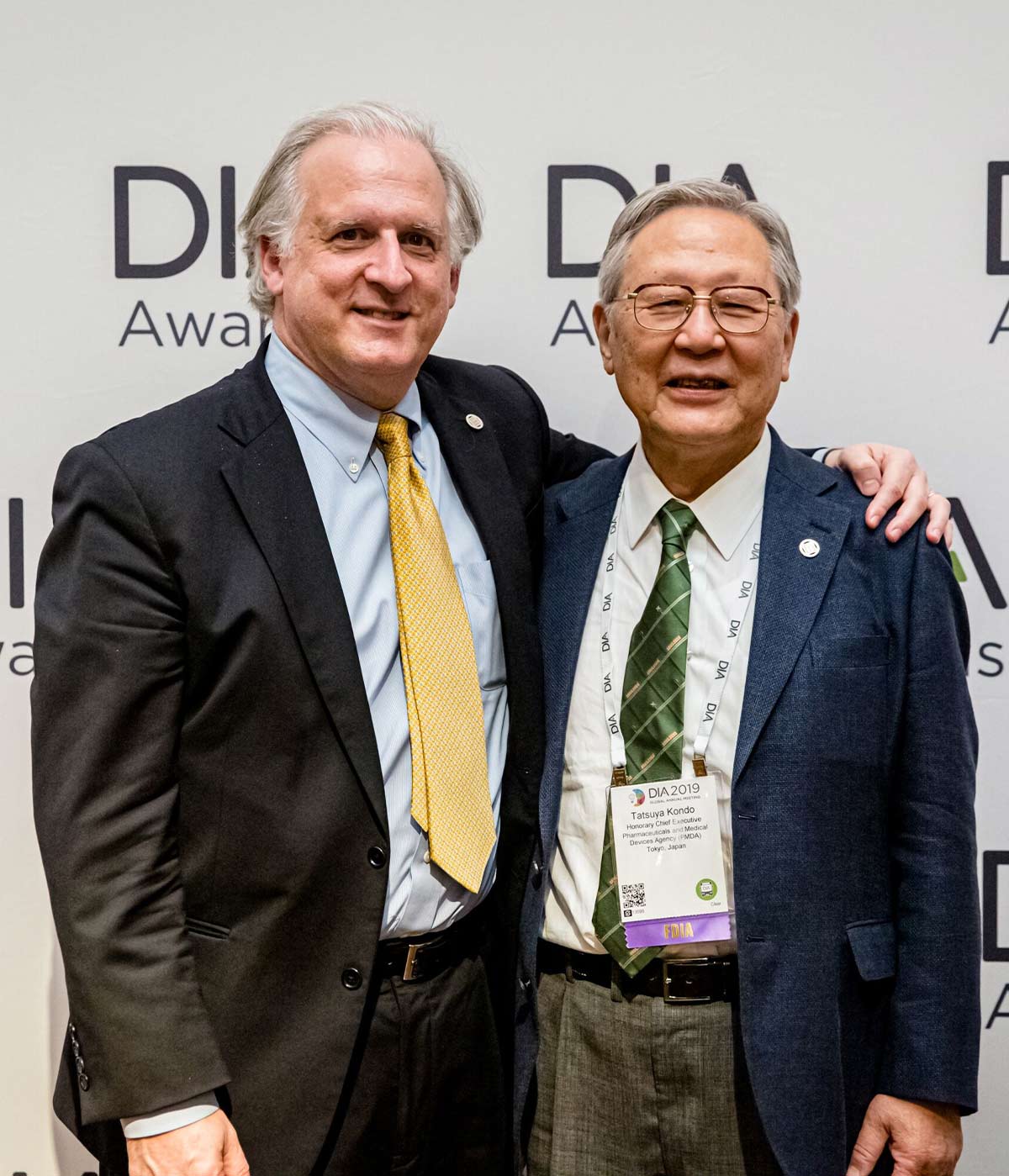
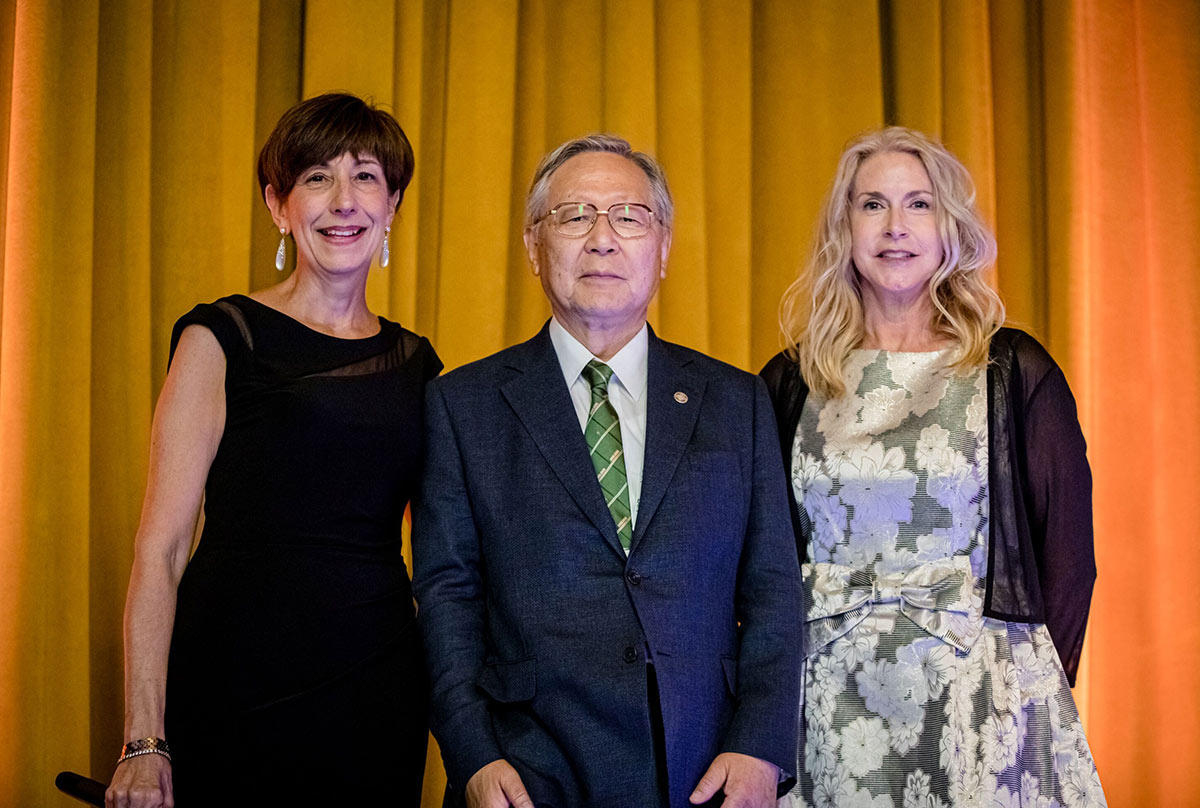
IA honors the life and work of Tatsuya Kondo, a long-time leader, mentor, and friend of many in our community, who died on September 26, 2021.
Our 2021 Japan Inspire Award Winners
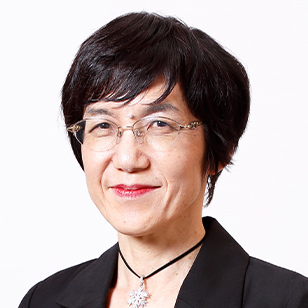
DIA JAPAN OUTSTANDING CONTRIBUTION TO GLOBAL HEALTH
Takuko Sawada, Shionogi & Co., Ltd.
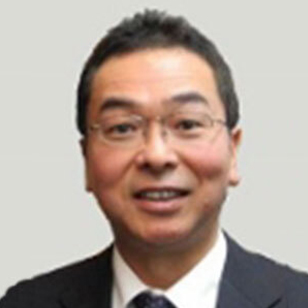
DIA JAPAN EXCELLENCE IN SERVICE
Daisaku Sato, Ministry of Health, Labour and Welfare (MHLW)





